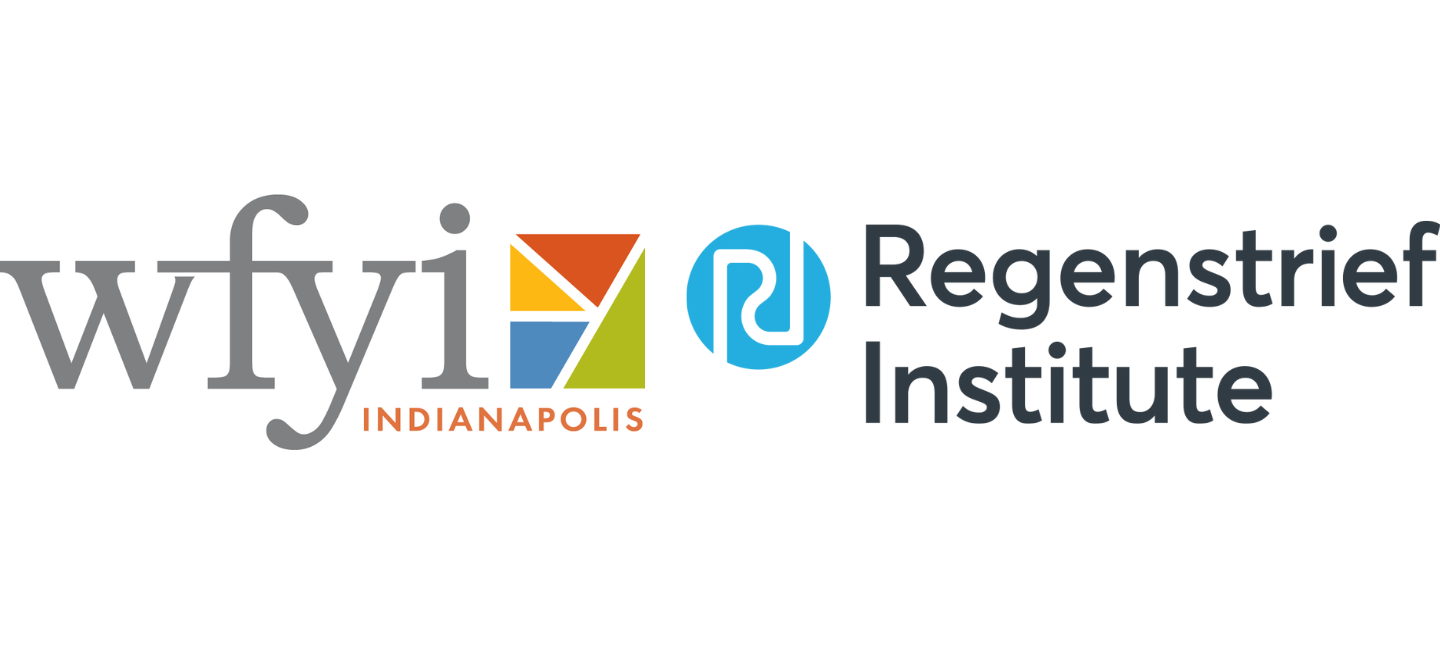Healthcare only accounts for a small percentage of a person’s overall wellbeing and health, but external factors such as socioeconomic status and access to food are difficult to capture and leverage within the healthcare system. Machine learning models may help bridge that gap. Research from Regenstrief Institute and Indiana University Richard M. Fairbanks School of Public Health shows that using the most basic raw data created the best risk prediction models for primary care doctors to identify patients who may need some help.
“There is so much data available on social determinants of health, but the challenge is turning it into something healthcare providers can use,” said project leader Joshua R. Vest, PhD, MPH, Regenstrief research scientist and IU Fairbanks School of Public Health professor. “Results from our analysis suggest the simplest approach to creating a prediction model may be the most effective.”
The research team compared the performance of six area-level social determinants of health measurement approaches to create an algorithm predicting patient referral to a social worker and hospital admission after a primary care visit. They tested the algorithms on data from nearly 210,000 patient encounters within Eskenazi Health, a safety net healthcare system in Indianapolis, Indiana.
They found the model that used several individual area-level components, such as raw data on housing, income and education, created the most accurate prediction model. Other models combined housing and other components to create a single bigger picture measure, which is more complicated and was less accurate in identifying individuals who may be at risk.
“This study indicates that using the raw data is a viable solution to creating a referral model,” said Dr. Vest. “There may be a need to develop more complex models in the future, but this can be a strong starting point for health systems to begin leveraging social determinants of health, especially systems that may have fewer resources.”
The next steps to this research are to determine if this approach works for situations other than social work referrals and hospitalization prediction and to look at additional data that can be added to this algorithm.
“Choice of measurement approach for area-level social determinants of health and risk prediction model performance” is published online in Informatics for Health and Social Care. This work was supported by the Robert Wood Johnson Foundation under Grant ID 75549.
In addition to Dr. Vest, other authors are Suranga Kasthurirathne, PhD of Regenstrief and IU School of Medicine; Weiwei Ge, M.S., and Jyosna Gutta, M.S. of IU Fairbanks School of Public Health; Ofir Ben-Assuli, PhD of Ono Academic College in Israel, and Paul Halverson, DrPH of IU Fairbanks School of Public Health.
About Regenstrief Institute
Founded in 1969 in Indianapolis, the Regenstrief Institute is a local, national and global leader dedicated to a world where better information empowers people to end disease and realize true health. A key research partner to Indiana University, Regenstrief and its research scientists are responsible for a growing number of major healthcare innovations and studies. Examples range from the development of global health information technology standards that enable the use and interoperability of electronic health records to improving patient-physician communications, to creating models of care that inform practice and improve the lives of patients around the globe.
Sam Regenstrief, a nationally successful entrepreneur from Connersville, Indiana, founded the institute with the goal of making healthcare more efficient and accessible for everyone. His vision continues to guide the institute’s research mission.
About the Richard M. Fairbanks School of Public Health
Located on the IUPUI and Fort Wayne campuses, the Richard M. Fairbanks School of Public Health is committed to advancing the public’s health and well-being through education, innovation and leadership. The Fairbanks School of Public Health is known for its expertise in biostatistics, epidemiology, cancer research, community health, environmental public health, global health, health policy and health services administration.
About Joshua R. Vest, PhD, MPH
In addition to being a research scientist with Regenstrief Institute, Joshua R. Vest, PhD, MPH, is the director of the Center for Health Policy and a professor of health policy & management at the Indiana University Richard M. Fairbanks School of Public Health at IUPUI.










